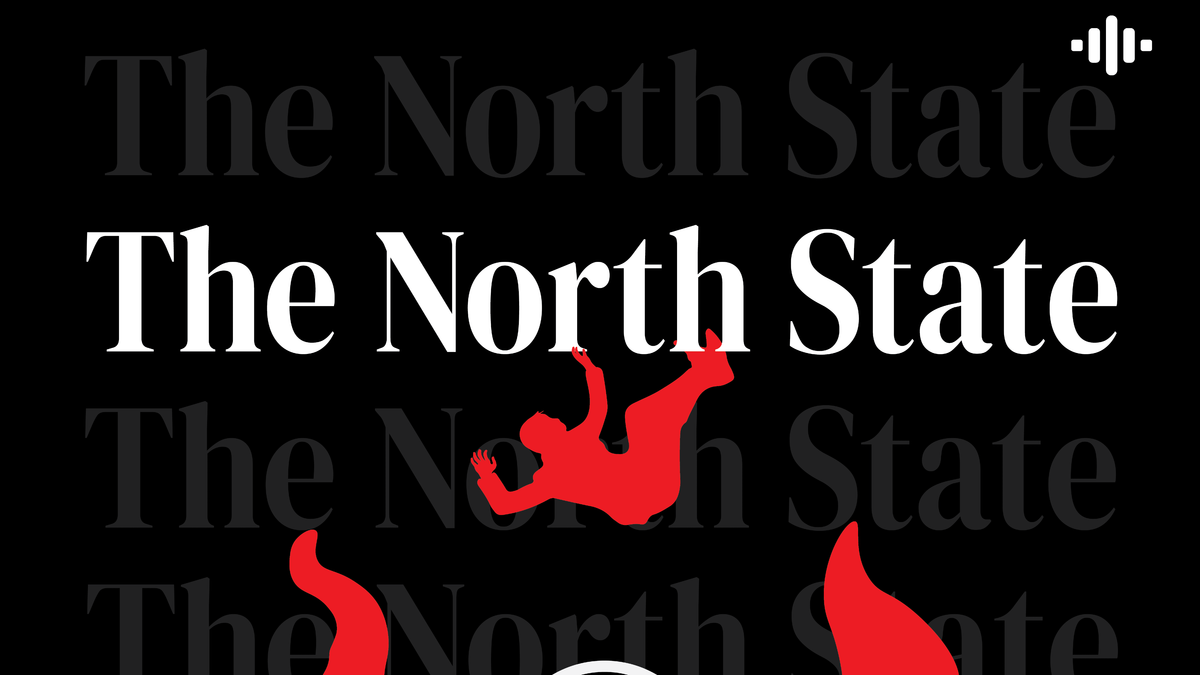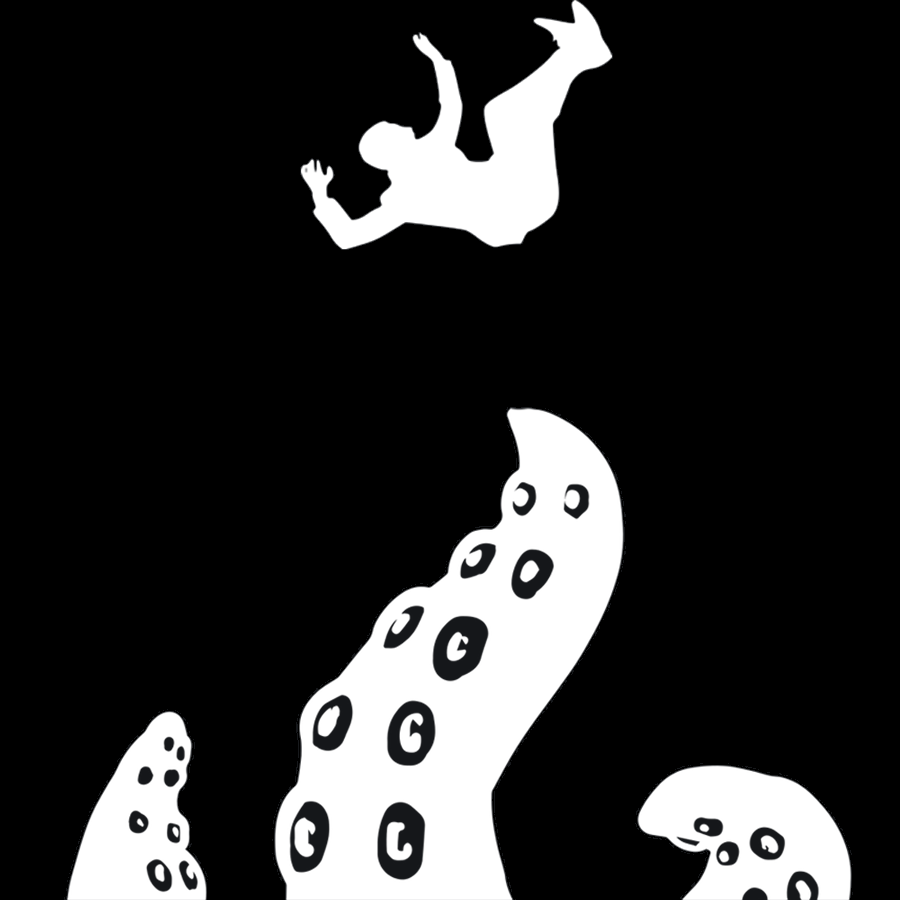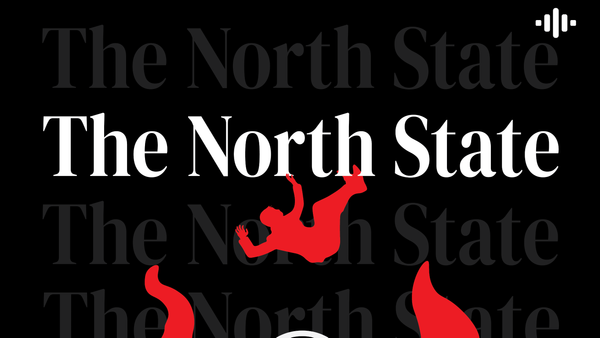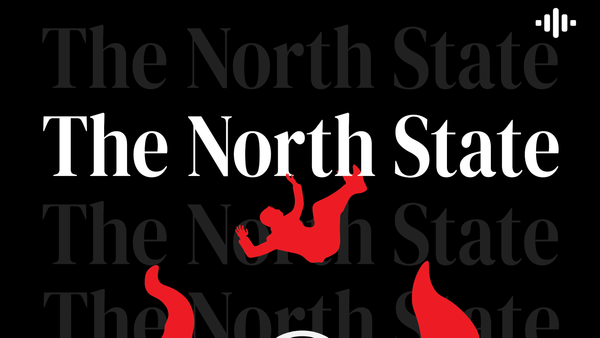Ford's Populist Drunk Driver Law Fails Press Test
Opposition parties are the only ones allowed to do analysis, apparently

On November 18, the Ford government announced that they would be preparing legislation to force impaired drivers who kill a parent or guardian to pay ongoing child support. The proposal seemingly came out of nowhere, yet coverage of its implications is noticeably absent.
In particular, the Global News story by Isaac Callan and Colin D'Mello is extremely short on details, or even on statements, outside of those from Ontario Attorney General Doug Downey and Minister of Transportation Prabmeet Sarkaria. The CTV News article fares better, mainly because it reaches out to members of the opposition for comment.
In the CTV article, the reporters reached out to Green Party Leader Mike Schreiner, NDP Leader Marit Stiles and Liberal MPP John Fraser. Stiles and Schreiner both contrasted this move with Ford's policies to expand alcohol access. Schreiner also added the government's policy to remove speed cameras from the province. Fraser, meanwhile, said that it was a distraction from the scandal around the Ford's use of the Skills Development Fund. The last person who receives space is Hansen Pratt, National President of Mothers Against Drunk Driving (MADD), quoted from an interview she did with CP24. She believes that it may be a good move, but that it will not be a significant deterrent.
Meanwhile, the CBC News story only quotes the press release, Downey and MADD CEO Steve Sullivan. Not exactly a cohesive look.
It's important to get voices that point to the Ford government's rabid push for alcohol expansion or his war on speeding cameras but the analysis is incomplete. No mention is made, for example, that vehicles registered to Ford cabinet ministers were caught speeding by these cameras over 20 times. This included an instance of a vehicle travelling 70 km/h in a 40 zone and another going 64 km/h in a zone of the same limit. Speed limits of 40 km/h are typically reserved for school zones. This reporting, which was published by the same authors of the Global story, is not even included in the Global News report on the proposed new law. Regarding the province's attacks on speed cameras, the government have since committed $210 million to municipalities for non-camera measures, But the rapid removal of speeding cameras have left a large gap in ways to reduce speeding before their implementation.
Road safety as a result of all of this will be severely hindered. As noted in an op-ed for Beach Metro, research on these cameras across 250 Toronto school zones over two years showed a "10.7 km/hr decrease in maximum speed travelled by 85 per cent of vehicles." For those going fast, there was even more of a drop-off in speed. Remember: these are school zones.

Those covering this new, bizarre, legislative move should also point to earlier culture wars by the Ford government. These bike lanes separate bikers from vehicles. His mission to tear up and restrict bike lanes would increase those harmed in road accidents. Ford and his government know these consequences, as well. They included an amendment in the original bill that would prevent injured cyclists from suing the government for injuries incurred as a result of removing these bike lanes.
What are other solutions that could be included? A stronger commitment to public transportation and a general plan to reduce reliance on personal vehicles would do wonders. Those who are expecting intoxication when planning a night out would benefit from more viable transport options, reducing instances of impaired driving. The problem remains that none of these solutions or critiques of the Ford government are included in reporting on this sudden legislation.
This law, if passed, may end up being beneficial for those who suffer tragedies at the hands of impaired drivers, but it also opens up tons of legal questions. How will the government ensure these people will continue to pay? If they are addicts, will the additional financial strain incentivize or dissuade use of intoxicants while driving? None of these questions are posed, or even considered.
Here, we see a common flaw that appears in reporting. Little space, if any, in the word count is dedicated to accurately reflecting the depth of complexity in an issue. It may, in fact, be a distraction to the current scandal facing the Ford government, as Liberal MPP John Fraser indicated in his comments. But does that mean no scrutiny should be paid? If anything, it should make news coverage even more critical. Whether or not it is a distraction, however, it can't be disputed that little initial coverage has adequately scrutinized this move.
Despite the lack of critical coverage, the rationale for this measure by the government is fairly easy to decipher. No one endorses impaired driving, even those who engage in it. So punishing those who kill someone in the act, in a way that benefits the family of the victim, is an easy political win. It appeals to base instincts. Whether or not the measure is actually effective is unclear. But it is not meant to be clear. It is meant to make the public feel good that something is being done.
But punishment does not fix the crime after the fact. If you speak to those who have tragically lost loved ones in impaired driving accidents, they would do anything to make sure it never happened in the first place. Preventative measures are, therefore, far more impactful. The Ford government's announcement, and the critiques that fall short, obscure the real solutions that could help the public. Coverage should reflect that the Ford government has had a larger hand in creating conditions for these accidents in the first place; and it should be done outside attributing that analysis to opposition voices.






